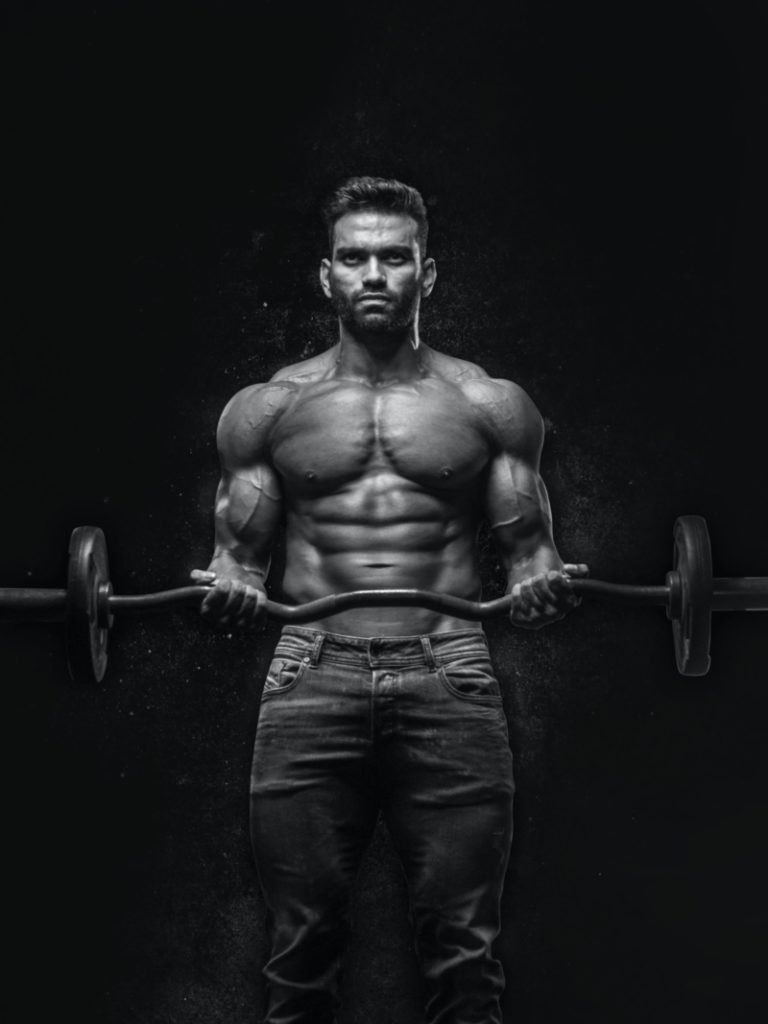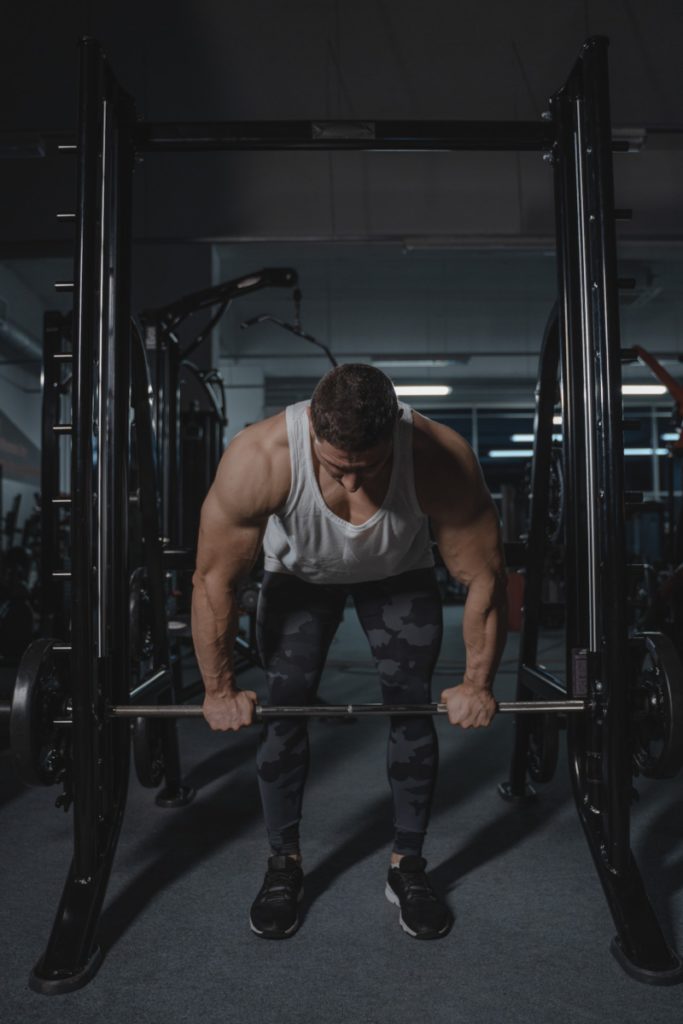Building muscle, strength, and performance is more than challenging your body and then expecting great things in return. It is a combination of periodization, tapering, peaking, and active rest days. To know these techniques is to know your own body, and when you become one with your own training… well, that is when some truly spectacular changes begin to take place.
Earlier this year we asked Dr. Christopher Chen, M.D., co-author of the book, The Calling: A Memoir of Family, Faith, and the Future of Healthcare, what every man should know about COVID-19 and how it affects the heart, athlete, and men’s health in general. This time we discuss advanced muscle and performance building techniques and how to accomplish all this greatness without falling into that deep pitfall known as overtraining.
Urbasm: How fine of a line lies between training hard and training too hard?
Dr. Christopher Chen: The amount of post-training recovery an individual requires is based on the type of activity, frequency, and intensity involved in his workout. In general, getting enough sleep, staying hydrated, eating healthy meals, and following a balanced fitness routine that incorporates stretching, cardio, and strength training can help promote recovery and prevent injury.
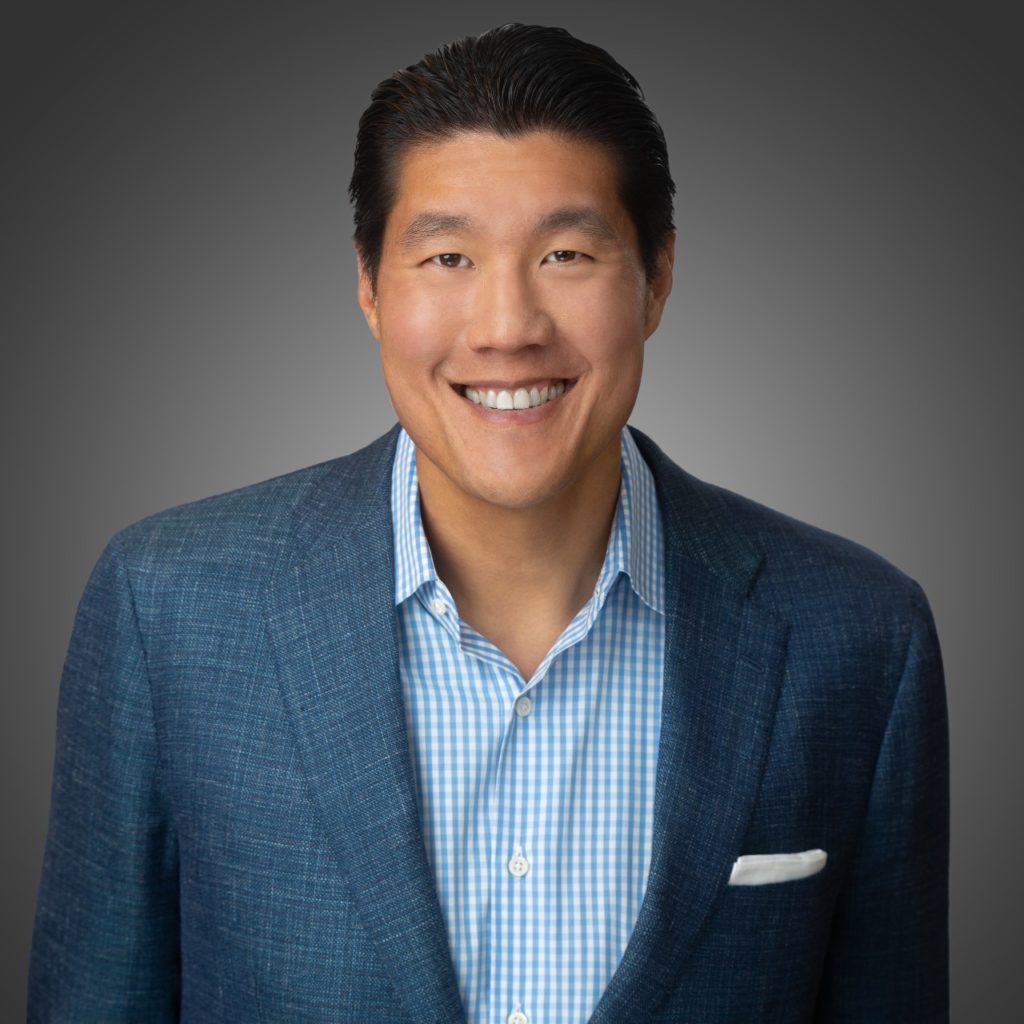
For people who are very active, it can be helpful to take this a step further. Most high-level athletes structure their training in a way that helps them “peak” at the right time. They may use “periodization,” which is the planned manipulation of training variables (load, sets, and repetitions) in order to maximize training adaptations and to prevent the onset of overtraining syndrome in a strength and conditioning program.
Urbasm: Is there a calculated way for an athlete to find that sweet spot in between?
Dr. Christopher Chen: As a general rule it is good practice to gradually build your way up to greater intensity and then bring your training back down to a lower intensity before continuing the process. Competitive athletes incorporate periodization into their workouts, but they also may include a tapering process to help them “peak” just before big events or competitions. Tapering is when an athlete dials down training volume before an event but practices using high-intensity, shorter workouts.
Combining these two strategies helps promote recovery in athletes, increase glycogen stores, renew energy, and improve mental confidence prior to an event. One reason this technique works so well is that when athletes compete during periods of intense training, they can show up at less than 100% due to fatigue and inadequate recovery time for their bodies to perform on event day. Following a periodized training program and incorporating a tapering process before big events is key to achieving peak performance.
Urbasm: Traditionally, some athletes break their workouts into sections to avoid overtraining. Is this still a good method, or do you have a plan that is even more effective?
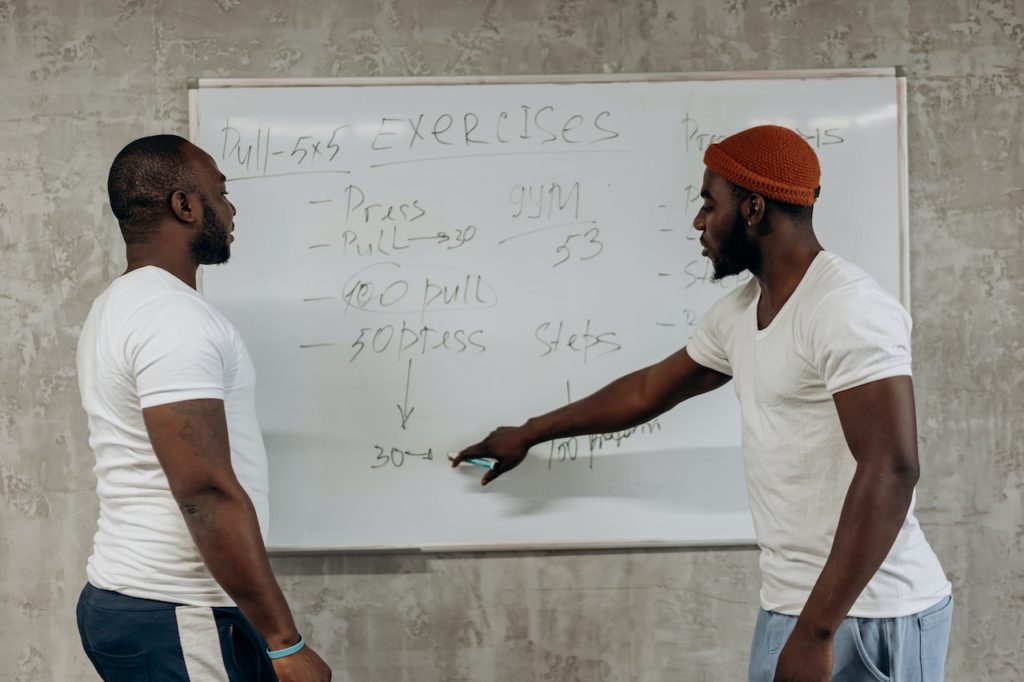
Dr. Christopher Chen: One tool I like to use to gauge my fitness level, let me know how my training is going and tell me if I am training enough or if there is something else going on in my body is to monitor my resting heart rate (RHR). A healthy heart, especially one that is conditioned by regular levels of physical activity, has a lower RHR. If you know your RHR, you have some sense of your overall health, cardiovascular fitness, and endurance. I’ve seen that if I am doing more intense workouts or have increased my training, usually my RHR comes down. After my bout with COVID when I had been unable to exercise for weeks, my RHR was 80 beats per minute, which is extremely high for me. Now that I have fully recovered and am back to my normal workout routine, my RHR is back in the high 40s and low 50s.
Urbasm: What are some of the underlining effects that start taking a toll on a man’s body once he
crosses that line of overtraining?
Dr. Christopher Chen: Like anything, the effects of overtraining will vary from person-to-person. But some typical signs include unusual muscle soreness, heavy legs, delays in recovering after a workout, general fatigue, inability to relax, poor quality sleep, decreased energy and motivation, feeling irritable or moody, and not feeling joy from activities that once were enjoyable. Of course, some of these symptoms are pretty broad and overlap with other conditions. But if you are feeling things you normally don’t after your workouts, it may be time to change things up.
Urbasm: How much of a threat is reduced testosterone levels from overtraining?

Dr. Christopher Chen: Researchers have reported that men who engage in intensive training can develop low resting testosterone levels, alterations in their hypothalamic-pituitary-gonadal (HPG) axis, and display hypogonadism, which is characterized by a deficiency in the production of the testosterone. As with any activity, it is important that men listen to their bodies.
Urbasm: What would you say are the most effective types of workouts/training and that athletes don’t take enough advantage of?
Dr. Christopher Chen: One of the most effective ways to stay fit for the long term is to incorporate activities like hiking, surfing, and spending time outdoors into your lifestyle. Getting a good night’s sleep is also great way to promote better post-exercise recovery. Improving the quality of an athlete’s sleep can have tremendous performance advantages.
Urbasm: What are your thoughts on “off days” and how important are they for an athlete looking to achieve peak levels of performance?
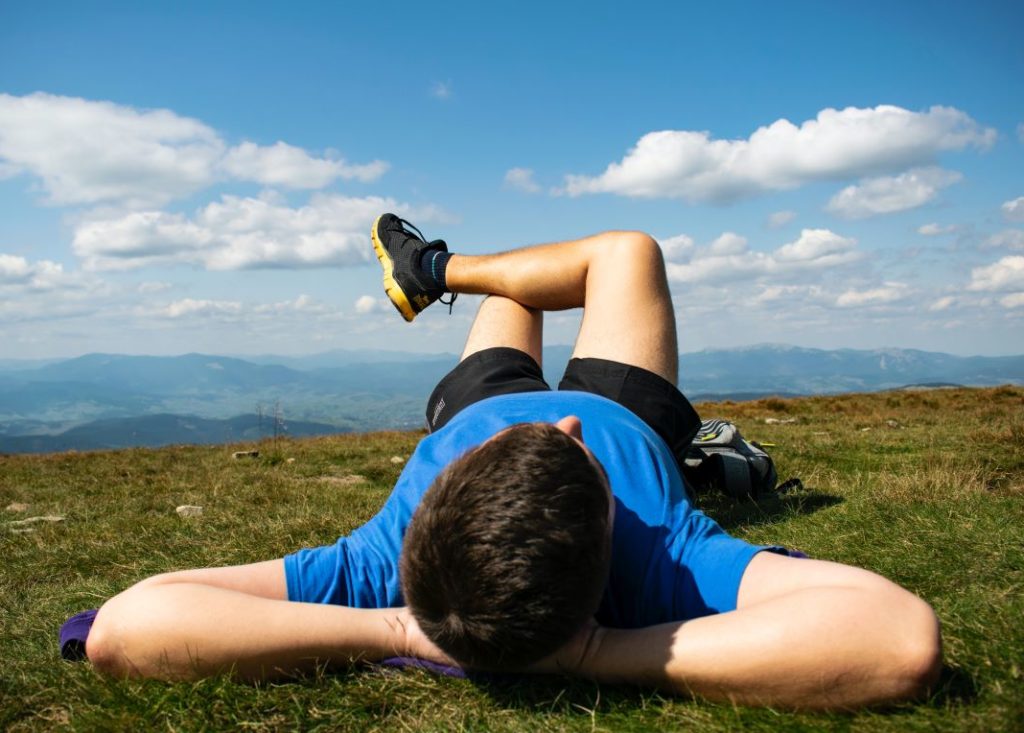
Dr. Christopher Chen: In terms of “off days” I believe the body responds well to what I like to call “active rest days.” You may not specifically be training, but you are doing something that complements your fitness routine and assists your recovery process. For example, if you are a weightlifter, on an “active rest day” you might go cycling, play a game or volleyball, or swim at the beach. My family uses activities like hiking, swimming and biking as a way to spend time together that doesn’t feel like a workout but promotes a healthy lifestyle.
Thanks again, Dr. Chen!
About Dr. Eric J. Leech
Eric has written for over a decade. Then one day he created Urbasm.com, a site for every guy.
